The following figure shows a square ABCD and an equilateral triangle DCE. Prove that :
(i) ∠ADE=∠BCE=150∘
(ii) ΔADE≅ΔBCE
(iii) AE=BE
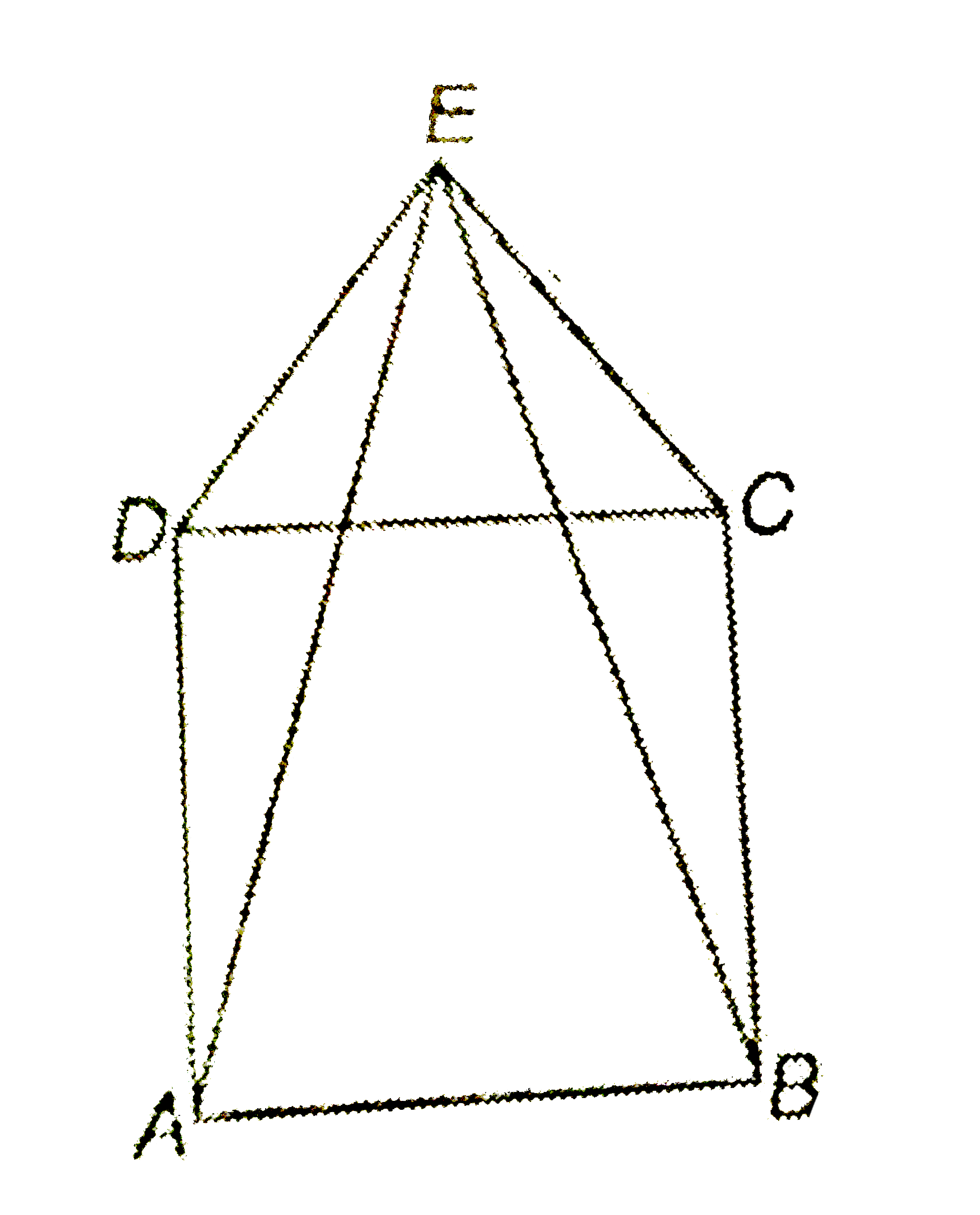
Step by step video & image solution for The following figure shows a square ABCD and an equilateral triangle DCE. Prove that : (i) angleADE=angleBCE=150^(@) (ii) DeltaADE cong DeltaBCE (iii) AE = BE by Maths experts to help you in doubts & scoring excellent marks in Class 9 exams.
Updated on:21/07/2023Topper's Solved these Questions
- TRIANGLESBOOK - NAGEEN PRAKASHAN ENGLISHCHAPTER - TRIANGLESEXERCISE - Exercise 7b
17 Videos
- TRIANGLESBOOK - NAGEEN PRAKASHAN ENGLISHCHAPTER - TRIANGLESEXERCISE - Revision Exercise (very Short Answer Questions)
10 Videos
- TRIANGLESBOOK - NAGEEN PRAKASHAN ENGLISHCHAPTER - TRIANGLESEXERCISE - Problems From NCERT/exemplar
5 Videos
- SURFACE AREA AND VOLUMEBOOK - NAGEEN PRAKASHAN ENGLISHCHAPTER - SURFACE AREA AND VOLUMEEXERCISE - Revision Exercise (long Answer Questions)
10 Videos
Similar Questions
The adjoining figure shows a square ABCD and an equilateral triangle DEC. Prove that :
(i) ∠ADE=∠BCE=30∘
(ii) ΔADE≅ΔBCE
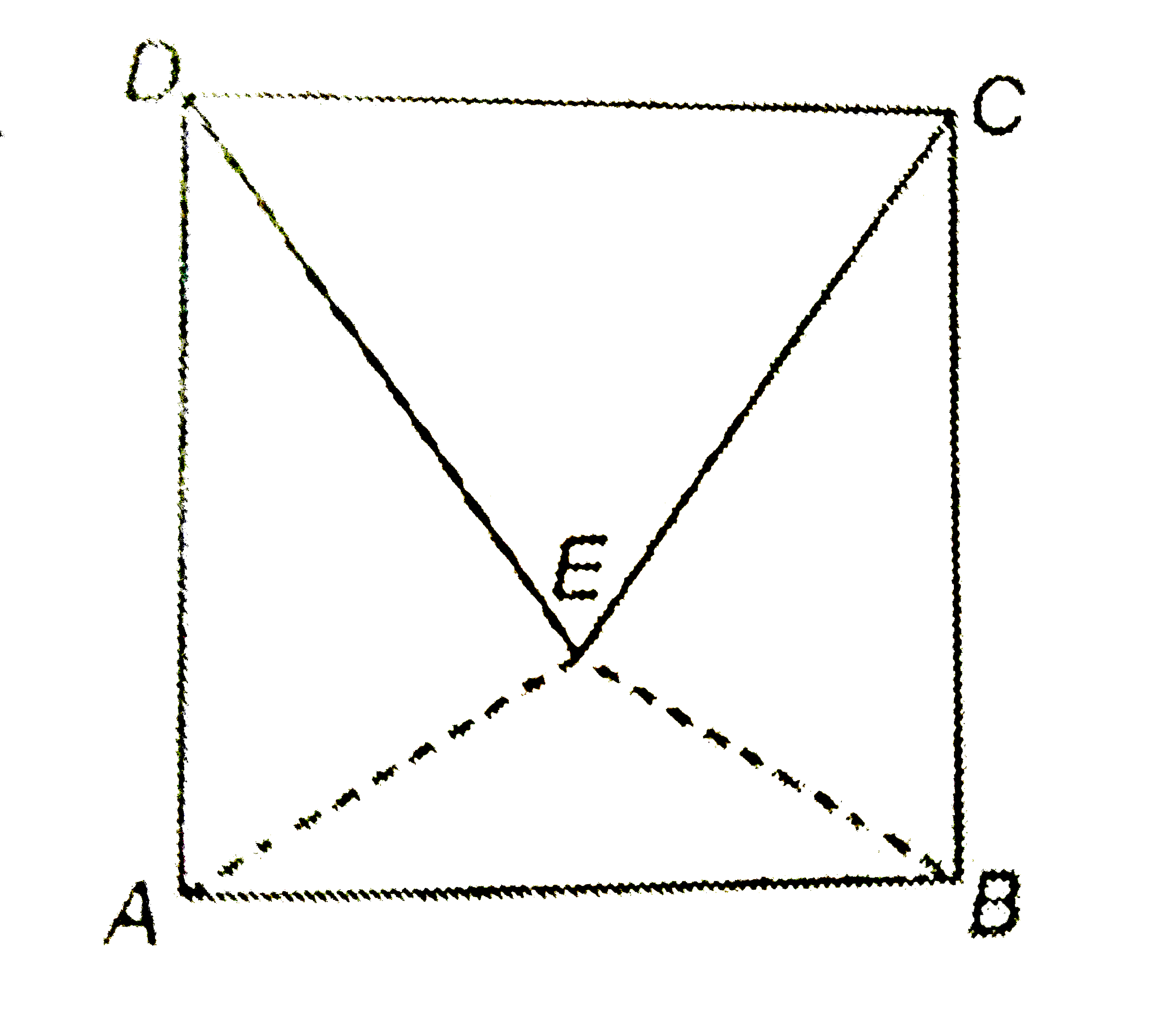
View SolutionThe given figure shows a square ABCD and an equilateral triangle ABP. Calculate:
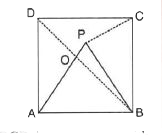
∠AOB
View SolutionThe given figure shows a square ABCD and an equilateral triangle ABP. Calculate:
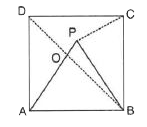
∠BPC
View SolutionThe given figure shows a square ABCD and an equilateral triangle ABP. Calculate:
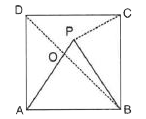
∠PCD
View SolutionThe given figure shows a square ABCD and an equilateral triangle ABP. Calculate:
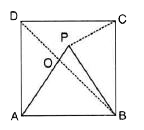
reflex ∠APC
View SolutionThe following figure shows a trapezium ABCD in which AB is parallel to DC and AD= BC
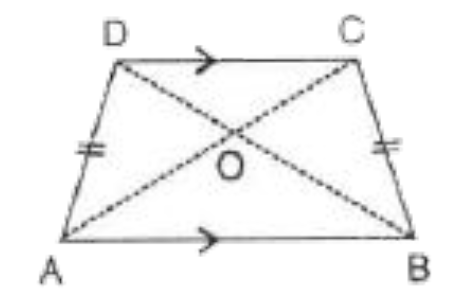
Prove that:
∠ADC=∠BCD
View SolutionThe given figure shows a square ABCD and an equilateral triangle ABP.
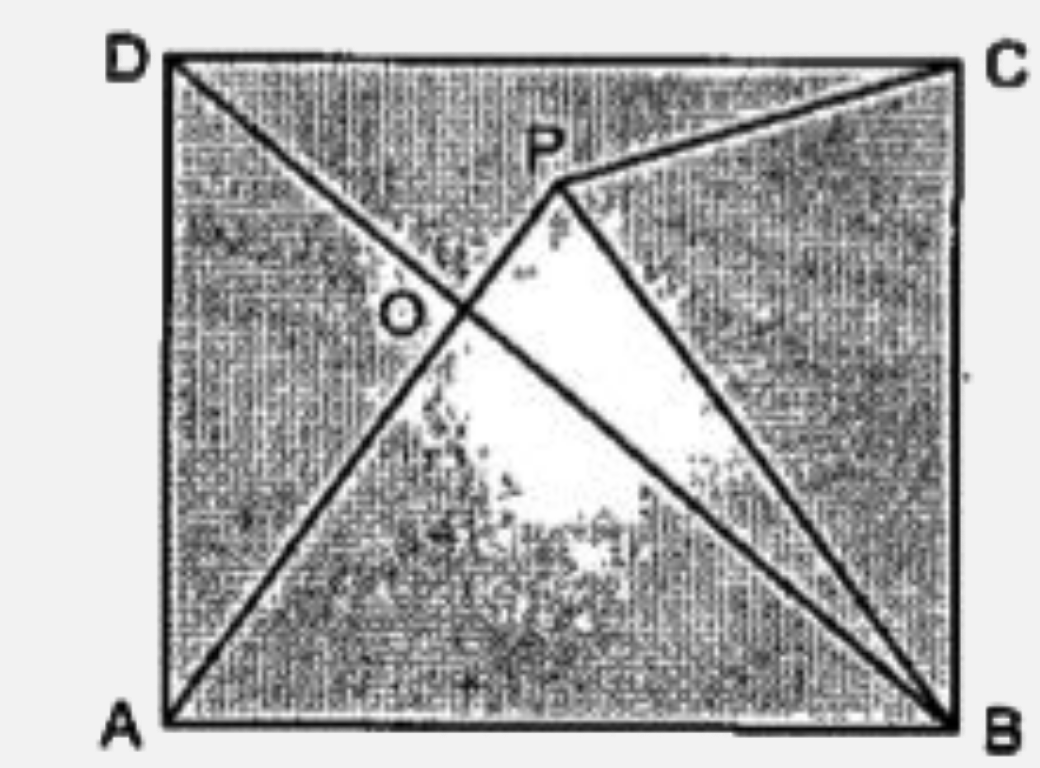
Calculate :
(i) ∠AOB
(ii) ∠BPC
(iii) ∠PCD
(iv) reflex ∠APC
View SolutionThe following figure shows a trapezium ABCD in which AB is parallel to DC and AD= BC

Prove that:
∠DAB=∠CBA
View SolutionThe following figure shows a trapezium ABCD in which AB is parallel to DC and AD = BC.
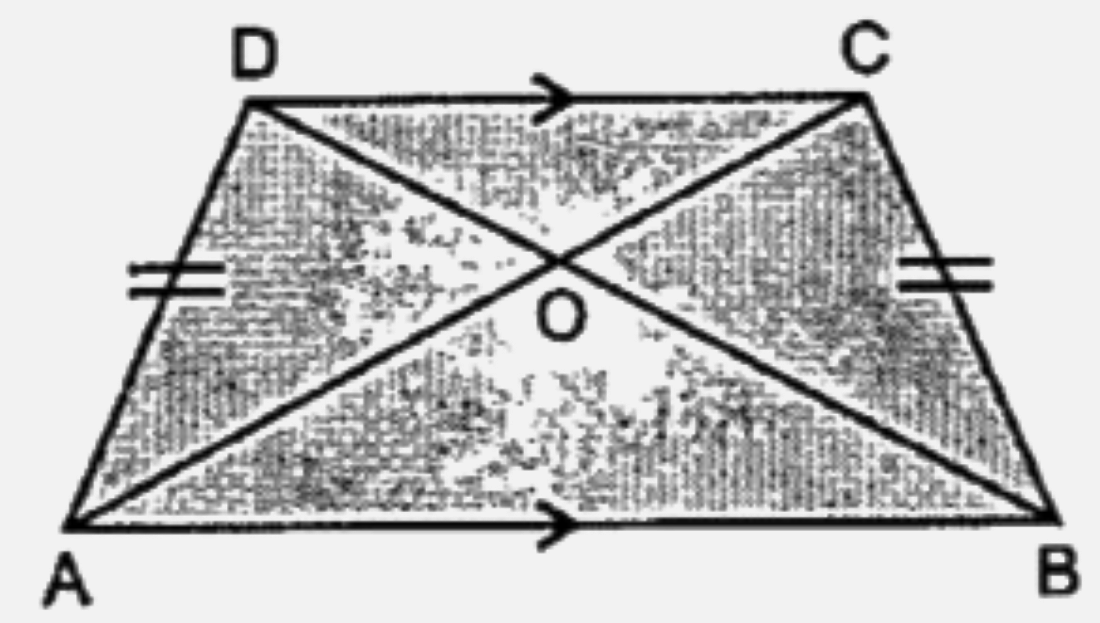
Prove that :
(i) ∠DAB=∠CBA
(ii) ∠ADC=∠BCD
(iii) AC = BD
(iv) OA = OB and OC = OD
View SolutionThe give figure shows a square ABCD and an equilayeral teiangle APB. Calculate :
(1)∠AOB(ii)∠BPC(iii)∠PCD(iv)reflex∠APC
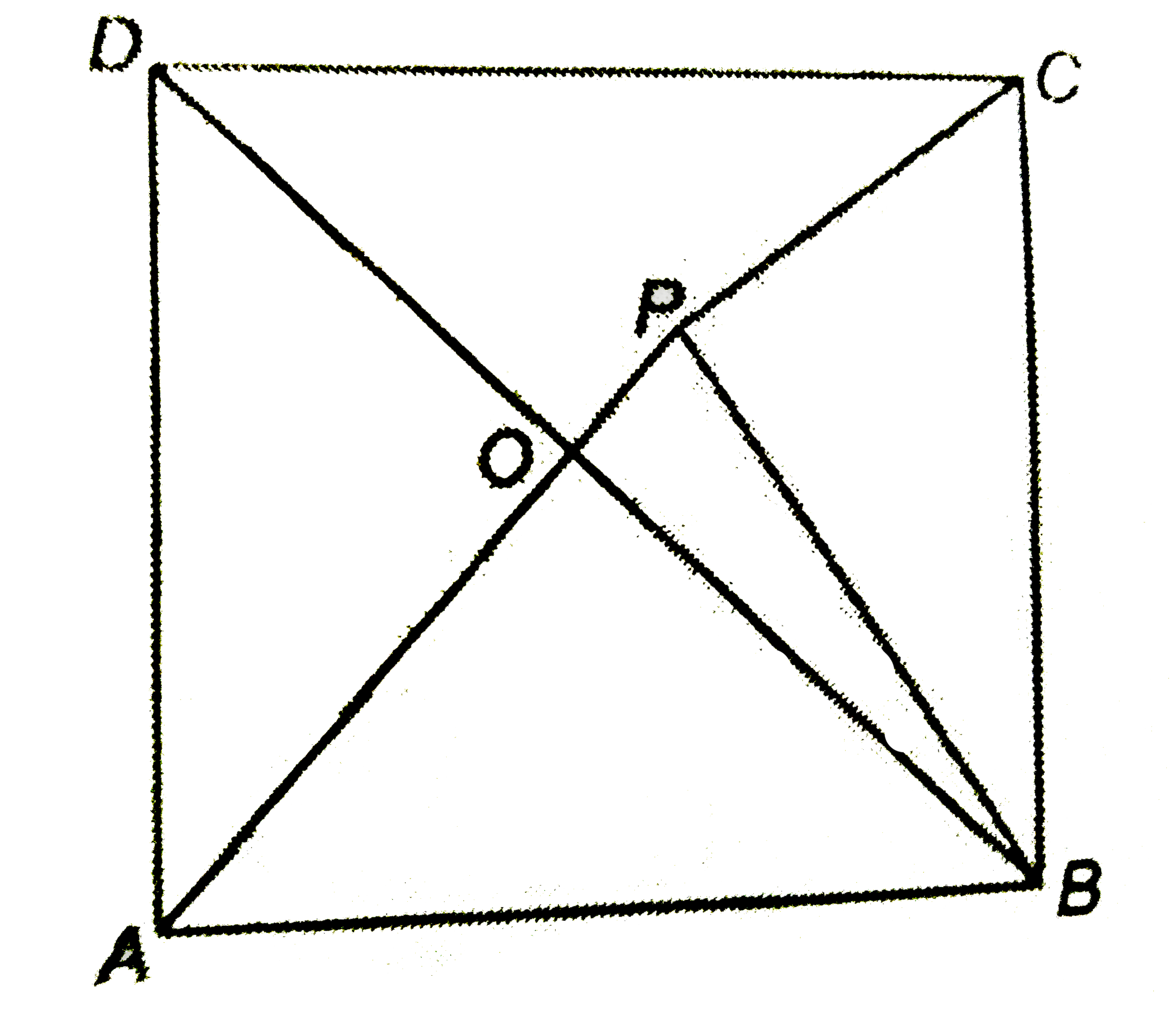
View Solution
